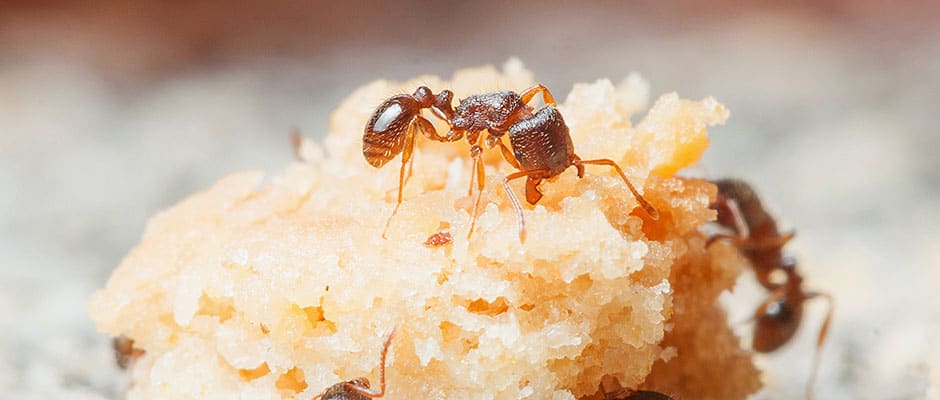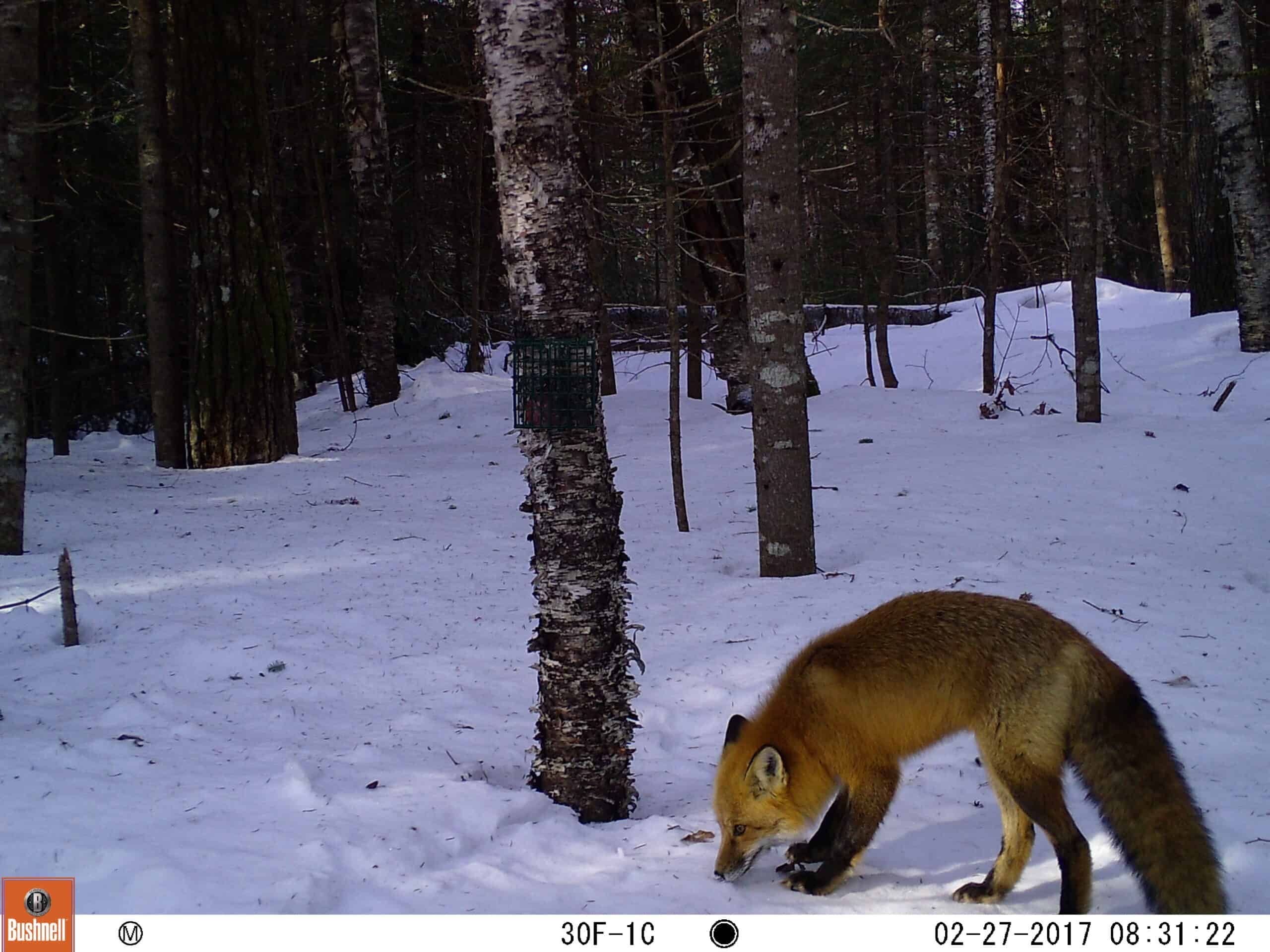Share this article
City Ants Love Fast Food
Some ants have a craving for hamburgers with a side of fries, according to a recent study.
Researchers from North Carolina State University tested isotope levels in ants that dwell in the city and found pavement ants (Tetramorium Sp. E) in Manhattan are consuming junk food that people drop on the ground. In fact, access to food has led to an increase in the number of ants in the city, which subsequently shows positive effects for the ecosystem, according to Clint Penick, lead author of the study published in The Royal Society Proceedings B and a postdoctoral fellow at NC State.
“The ants in cities are competing for food with rats that we don’t want in our cities,” Penick said. They’re cleaning up extra food that humans leave on streets and sidewalks, he said.
Penick said pavement ants are common around the world and follow humans across cities much like sparrows. “We were trying to figure out what makes an urban ant species, and which characteristics can predict what species are more common in cities,” he said.
Penick and his team hypothesized that the prevalence of ants might have something to do with human food sources available. According to Penick, 250 million metric tons of food waste is generated in cities each year. “This is a massive resource animals can tap into,” he said.
As part of the study, researchers collected over 100 ant samples representing 21 species on sidewalks, street medians and parks in Manhattan. They then tested the ants for carbon-13, a type of carbon associated with grasses including corn and sugar cane which is present in hamburgers, fries and many other processed and fast-foods that humans enjoy, Penick said.
They found pavement ants had the highest levels of carbon-13 compared to ants found in parks. This means ants living in closer contact with humans are consuming more human food. Although ants in cities consuming garbage may seem obvious, Penick said one common city ant species (Lasius emarginatus) had no preference for human food and found a niche in the city by foraging in canopies of trees along city streets.
“We want to understand this a little bit more,” Penick said. “Ants are evolving by eating McDonald’s hamburgers and fries. Like humans eating junk food it’s possible there’s something going on with ants health-wise, too since they’re missing out on certain nutrients from their standard diet feeding on insects.”
One important thing Penick determined in the study is the importance of understanding the impact humans have on the ecosystem.
“When we think of cities, we don’t think they are ecosystems, but they really are,” he said. “Studies in the future have to consider humans as a component of ecosystems.”
Header Image:
Pavement ants feast on cookies dropped in New York City. Researchers found pavement ants have a diet similar to humans, which allows them to clean up food left behind on city streets and sidewalks.
Image Credit: Clint Penick








